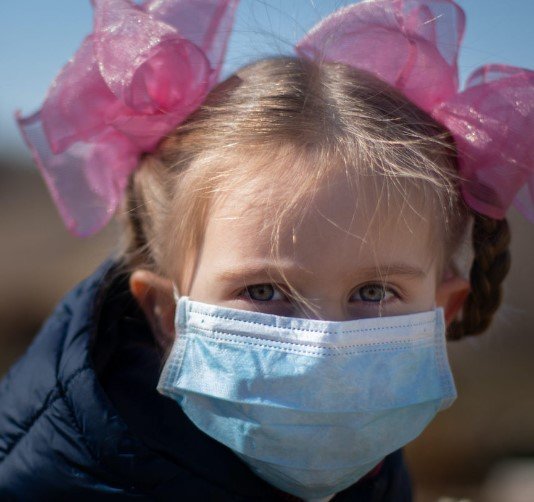As the colder months approach, many people find themselves wondering whether their symptoms are due to a common cold, the flu, or COVID-19. With overlapping symptoms, it can be challenging to distinguish between these illnesses. Dr. William Brian Glenn from Hackensack Meridian Medical Group provides insights to help you identify and manage these respiratory infections effectively.
Understanding the Symptoms
The symptoms of a cold, flu, and COVID-19 can be quite similar, making it difficult to tell them apart. A cold typically presents with a cough, sneezing, runny nose, sore throat, and fatigue. These symptoms usually develop gradually and are generally mild. On the other hand, the flu can include all of these symptoms plus headache, fever, chills, body aches, and more severe fatigue. Flu symptoms tend to appear suddenly and can be more intense than those of a cold.
COVID-19, however, can present with cold and flu-like symptoms, but it also has some unique signs. Loss of taste or smell, diarrhea, nausea, vomiting, and shortness of breath are more specific to COVID-19. Symptoms can take between two and 14 days to appear after exposure and can progress to more severe conditions in some individuals. Understanding these differences is crucial for proper diagnosis and treatment.

Risk Factors and Prevention
Certain groups of people are more susceptible to developing severe symptoms from colds, flu, and COVID-19. The elderly, children, and adults with chronic conditions such as diabetes, lung or kidney disease, metabolic disorders, heart disease, and cancer are at higher risk. Additionally, individuals taking medications that weaken the immune system are more vulnerable to these infections.
Preventive measures are essential to protect yourself and others from these viruses. Regular hand washing, covering your mouth when coughing, sneezing into your shoulder, wearing a mask when appropriate, and cleaning frequently touched surfaces can significantly reduce the risk of infection. Staying hydrated and getting adequate rest are also important for maintaining a strong immune system.
If you are traveling, be aware that the cold and flu season may vary depending on your destination. Check with the U.S. Centers for Disease Control and Prevention (CDC) for vaccine recommendations and other preventive measures specific to your travel location. Following these guidelines can help you stay healthy during your travels.
Managing Symptoms and Seeking Help
If you develop symptoms of a cold, flu, or COVID-19, it is important to monitor your condition and seek medical advice if necessary. For mild symptoms, rest, hydration, and over-the-counter medications can help alleviate discomfort. However, if you experience severe symptoms such as difficulty breathing, persistent chest pain, confusion, or bluish lips or face, seek emergency medical attention immediately.
Testing is a crucial step in determining whether you have COVID-19, especially if you have been exposed to someone with the virus or are experiencing symptoms unique to COVID-19. Early diagnosis can help prevent the spread of the virus and ensure you receive appropriate care. Consult with your healthcare provider to determine the best course of action based on your symptoms and risk factors.
Vaccination remains one of the most effective ways to protect against severe illness from the flu and COVID-19. Stay up to date with your vaccinations and follow public health guidelines to reduce your risk of infection. By taking these precautions, you can help protect yourself and your community from respiratory illnesses.
